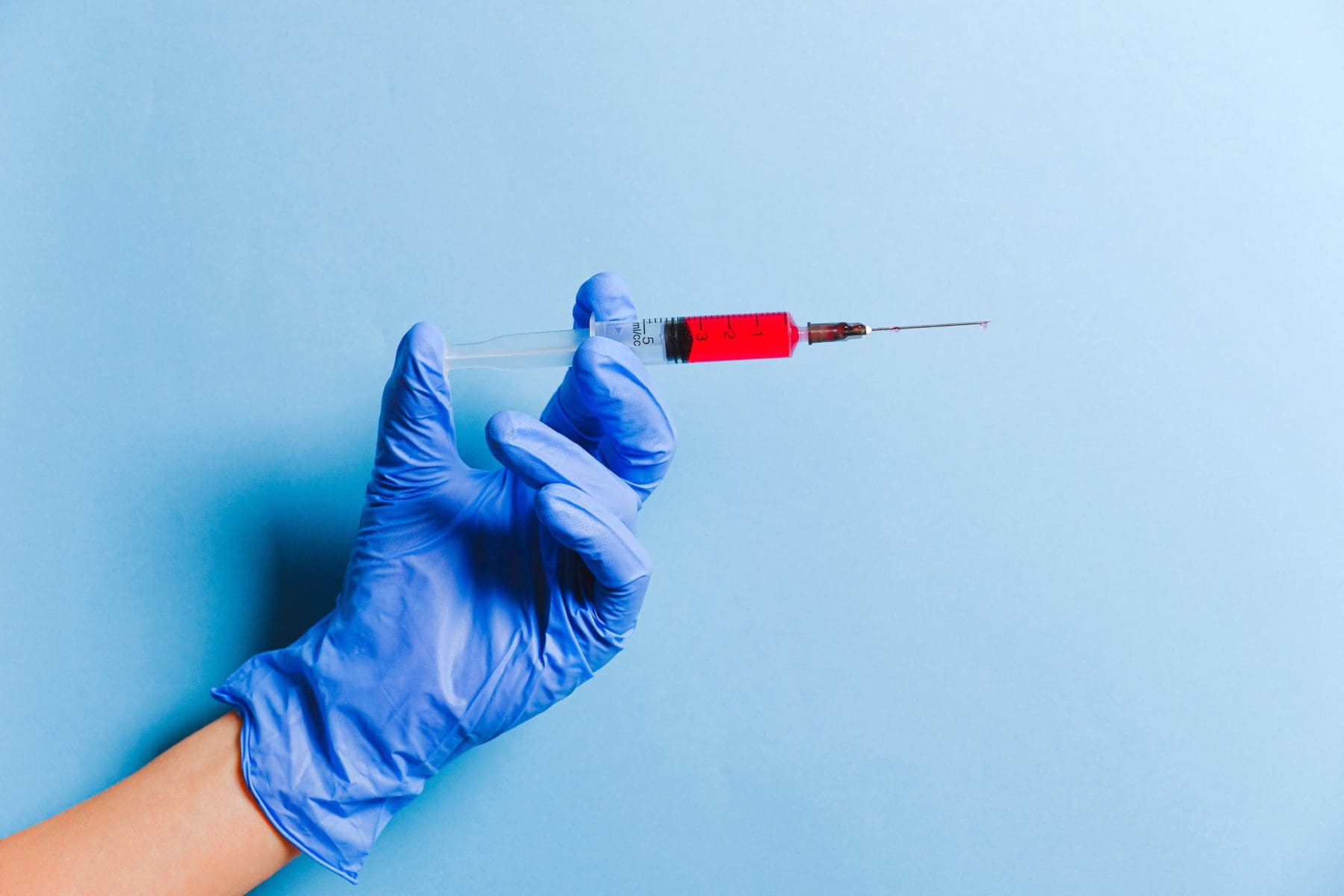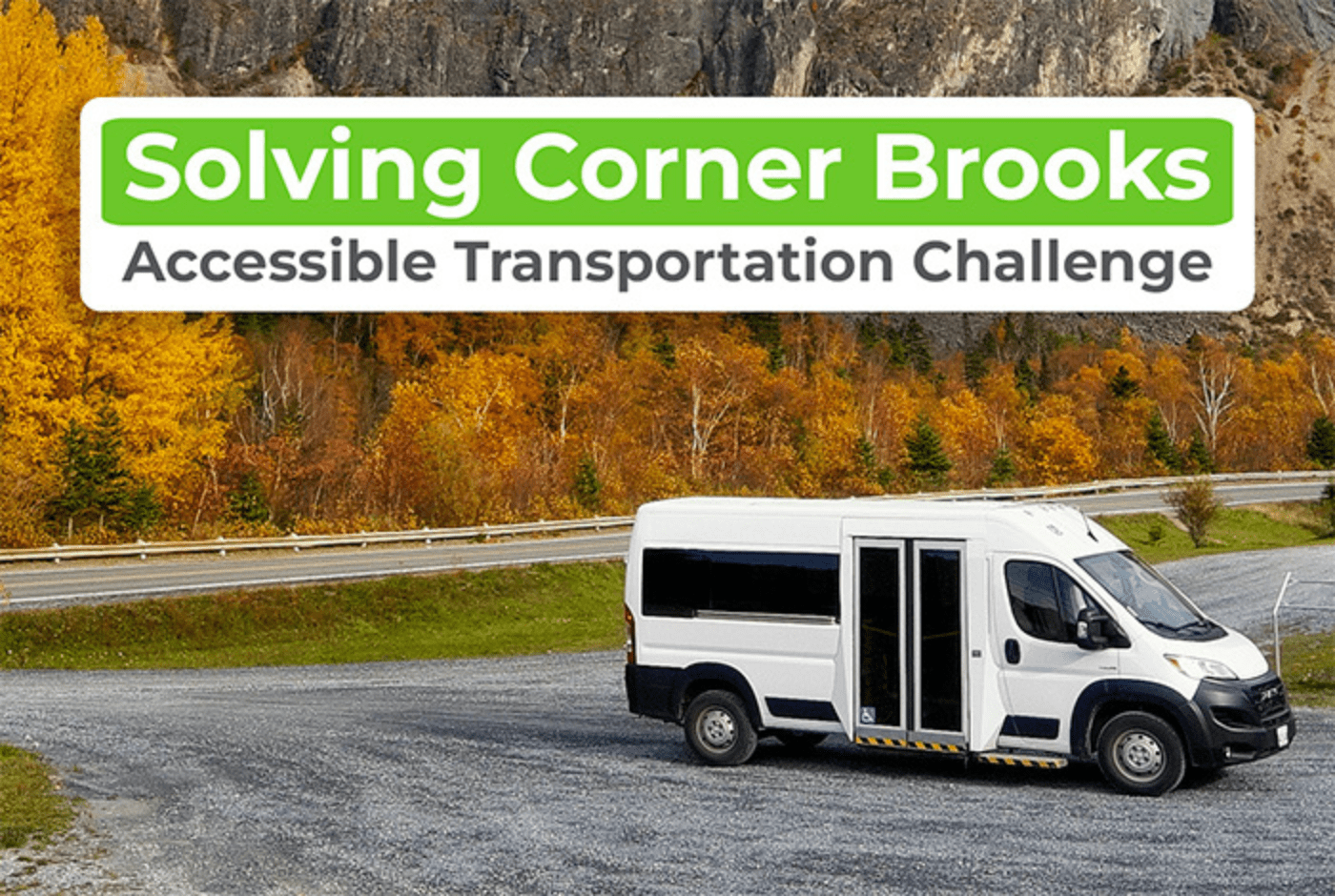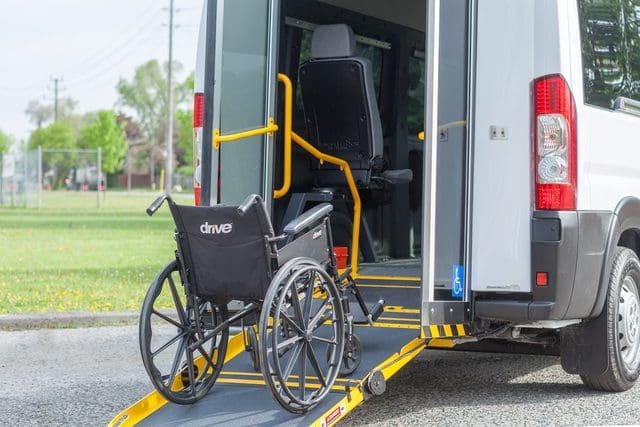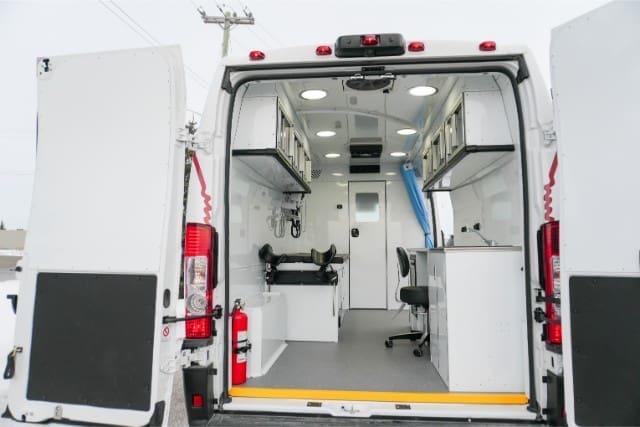Can drug use be supervised in a safe and sterile environment by medical professionals? There has been a lot of debate over the last decade about the success of supervised consumption sites as more and more of them start popping up around the world.
If a supervised consumption site has opened in your community, you may be wondering what they are and if they are actually safe.
In this article, you’ll learn the answers to the following questions:
- What are supervised consumption sites?
- What do they do/what services do they offer?
- Do they actually work?
- Are they legal in Canada?
- Can safe consumption sites be mobile?
Read on to learn everything you need to know about safe consumption sites in Canada.
What are supervised consumption sites?
Supervised consumption sites are “a safe, clean space for people to bring their own drugs to use, in the presence of trained staff,” according to the Government of Canada website.
The goal of most supervised consumption sites is to prevent/reduce accidental overdoses.
What do they do/what services do they offer?
Supervised consumption sites help prevent overdoses
Supervised consumption sites “help to save lives, connect people to social services, and serve as pathways to treatment,” according to the Government of Canada website.
But what does this actually look like?
Well, a person will bring their drug to a supervised consumption site to consume.
The drug is injected, snorted, inhaled, or consumed as pills, and trained staff (either nursing staff, social workers, or peer and community workers) will monitor the person and be available to provide medical help if there is an accidental overdose.
A clinical study focused on the success of supervised consumption sites from the University of Alberta found that these sites decreased the amount of ambulance calls for treating overdoses by 67%.
The sites can also offer a range of other harm-reduction services.
They offer health, social, and treatment services
Supervised consumption sites can be set up in areas where there are high rates of public drug use, such as parks, playgrounds, and other public spaces. According to the Government of Canada website, they can provide services such as:
- Basic health services
- Drug checking*
- Access to clean drug use equipment and a place to safely dispose of items, such as needles, after use
- Emergency medical care, in case of overdose, from trained professionals
- Testing for infectious diseases like HIV, hepatitis C, and sexually transmitted infections (STIs)
- Referrals for treatment, rehabilitation, and housing or employment supports
*A way of detecting if the drugs contain more harmful substances
Do they actually work?
There has been a lot of debate over the last decade about the success of supervised consumption sites as more and more of them start popping up around the world.
Insight, a Vancouver Coastal Health (VCH) safe consumption site in Vancouver, has been in operation for twenty years since 2003.
A 2009 study from the Urban Health Research Initiative of the British Columbia Centre for Excellence in HIV/AIDS evaluated Insite, and found there was no major decrease in the rate of injection drug use after Insite opened.
However, over the 18-month study period, Insite reported over 300 overdoses at their site but no deaths.
A 2017 clinical study focused on the success of supervised consumption sites from the University of Alberta also found that these sites decreased the amount of ambulance calls for treating overdoses by 67%.
So, are safe consumption sites successful? Well, it depends on how you define success:
- If the goal of the supervised consumption site is to prevent/decrease overdose deaths, then this would be a success
- If the goal of the supervised consumption site is to decrease the number of ambulance calls for treating overdoses, then this would be a success
- If the goal of the supervised consumption site is to lower the rate of drug use in general, then this may not be a success
Are supervised consumption sites legal in Canada?
Possession of controlled substances* is illegal in Canada.
Health Canada must approve all supervised consumption sites in Canada. This approval exempts a site from a section of the Controlled Drugs and Substances Act.
There are many different stages a safe consumption site has to go through to be approved by Health Canada. See the full list here.
*Controlled substances are drugs such as cocaine, fentanyl, morphine, methamphetamine, and ephedrine.
Can supervised consumption sites be mobile?
Safe consumption sites can be mobile. We have a van here at MoveMobility called the Mobile Mitigation van that you can use as one.
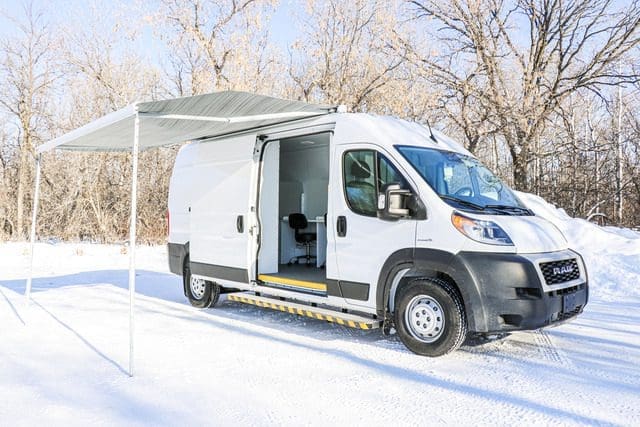
MoveMobility experts designed the Mobile Mitigation van to:
- Prevent overdose deaths
- Reduce public drug use
- Connect clients to health services
A Mobile Mitigation Van is a mobile medical van setup that offers supervised consumption services.
It is a safe space where medical professionals or social worker staff can monitor clients’ use of substances and respond to medical needs as they arise.
Similar to a non-mobile safe consumption site, people using substances can come in and do what they need to in a clean, sterile, and safe environment. They can consume substances away from parks, playgrounds, and other public spaces.
Public health responses often focus on large urban centers, meanwhile mid-sized and small communities face the same challenges but have fewer resources.
With a Mobile Mitigation Van, you can meet your patients where they are. A permanent location isn’t an option or doesn’t meet your patients’ needs.
Your next steps to understanding supervised consumption sites
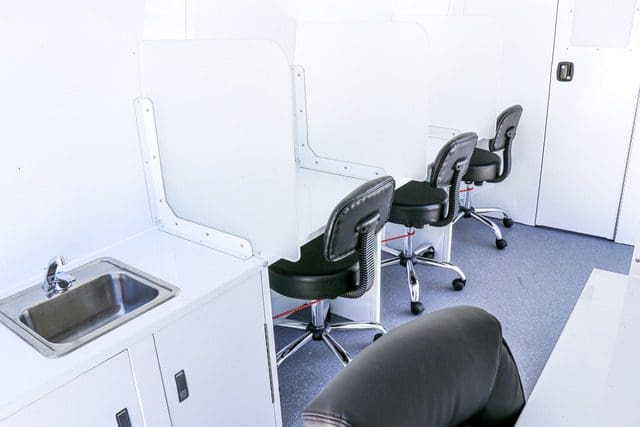
You came to this article to learn what supervised consumption sites are and if they’re effective.
Now, you’ve learned everything you need to know about these sites in Canada.
Want to know more about the Mobile Mitigation Van from MoveMobility? Talk to an expert today.
You might also be interested in our article on the Mobile Clinic Van we manufacture. You’ll learn what you can do with it and who it can help.
Or, take a look at the Mobile Outreach Van that you can use to help individuals with mental health struggles.
Finally, read our article on the Mobile Response Van, which is ideal for situations where people need non-emergency medical attention.


